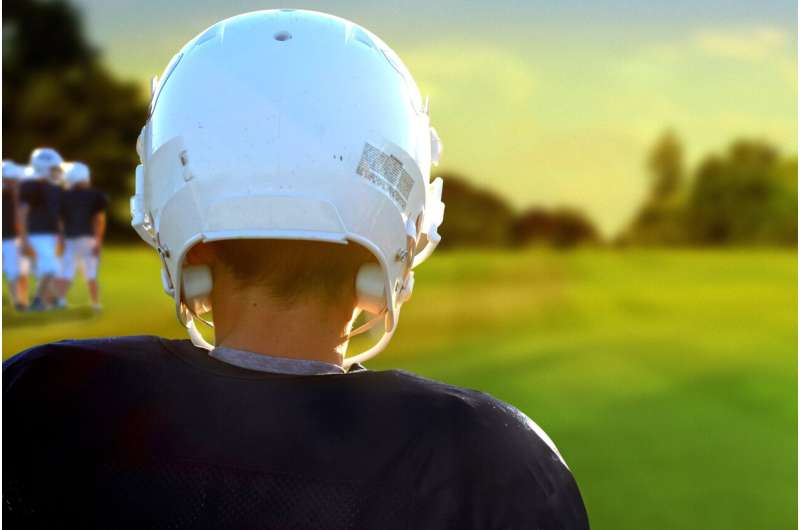Age and Sports Experience Outweigh Concussion History in Predicting Children's Performance

A recent study published in Concussion by York University’s Faculty of Health offers reassuring insights for parents concerned about their children’s return to sports after a concussion. The research highlights that, contrary to common assumptions, a child's age and previous sports experience are more significant factors influencing visuomotor performance than a history of multiple concussions.
Over more than ten years, researchers from York University surveyed participants across the Greater Toronto Area, including children, adolescents, and some adults involved in sports like hockey, soccer, football, and basketball. The study evaluated their performance on eye-hand coordination tasks, which are crucial for many sports activities. Surprisingly, the findings revealed that these performances correlated more strongly with age and the extent of sports involvement rather than the number of past concussions.
Professor Lauren Sergio, from the School of Kinesiology and Health Science, explained that prior work showed children with any concussion history tend to perform worse than those without, but a subgroup maintained good motor skills shortly after injury. This suggested that previous sports experience might offer some neuroprotective benefits against concussion effects.
First author Nicole Smeha, a Ph.D. candidate, noted that although the initial hypothesis was that multiple concussions would be the primary factor impairing performance, the data indicated other factors, particularly age and sports familiarity, had a more substantial impact. The research considered variables like sex but found none to be significantly influential.
The study's insights are particularly relevant for youth and adolescent athletes, who are most vulnerable to concussion injuries. While concussion can lead to slower reaction times, reduced processing speeds, and less accurate motor control, the findings imply that the integration of neural networks related to movement may be more resilient in experienced or older athletes. Therefore, decisions about returning children to sports should consider all aspects of their health and involvement, not solely their concussion history.
This research emphasizes the importance of a comprehensive approach to sports participation after brain injuries and encourages parents and coaches to understand that factors like age and experience may play a more vital role in recovery and performance than previously thought.
For more details, visit the full study: Sport experience and age account for visuomotor performance more than multiple concussion history and sex.
Source: https://medicalxpress.com/news/2025-04-age-sports-stronger-predictors-children.html
Stay Updated with Mia's Feed
Get the latest health & wellness insights delivered straight to your inbox.
Related Articles
Survey Reveals One in Six U.S. Parents Delaying or Skipping Vaccinations
A recent poll reveals that 16% of U.S. parents are delaying or skipping childhood vaccines due to safety concerns and mistrust in federal health authorities, risking the return of preventable diseases.
Comparable Survival Outcomes for Simple and Radical Hysterectomy in Low-Risk Cervical Cancer
A large study finds that simple hysterectomy offers similar long-term survival to more extensive procedures in women with low-risk early-stage cervical cancer, supporting less invasive options.
Potential of Riluzole in Improving Outcomes for Spinal Cord Injury Patients
New research indicates that riluzole, a drug used for motor neuron diseases, may significantly improve recovery outcomes when administered early after spinal cord injury, offering new hope for patients and clinicians alike.
Brain Structural Variations in Children with Conduct Disorder Linked to Abuse History
New research reveals that brain structure differences in children with conduct disorder vary depending on their experiences of childhood abuse, highlighting multiple pathways to the disorder.



